
NC Leaders Speak Out Against Party Leadership in Central Committee Meeting
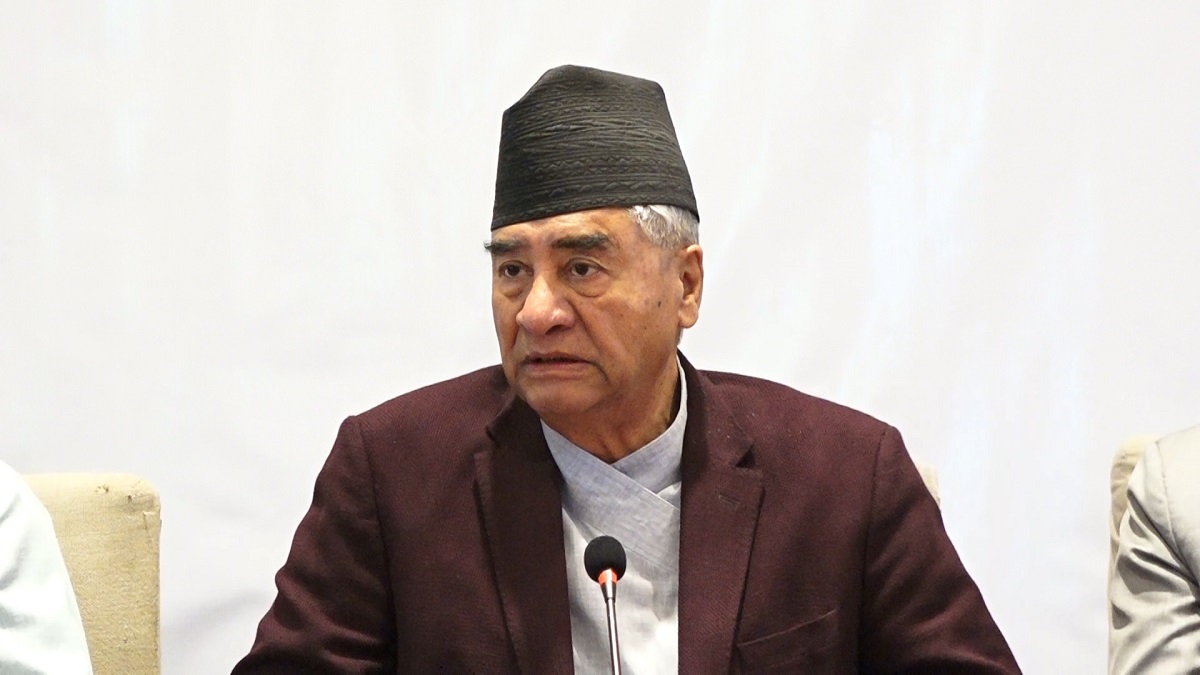
Senior leaders of the Nepali Congress have raised their voices against the party leadership during the first day of the Central Working Committee meeting held on Thursday. The meeting was convened to address current issues and discuss matters related to the party’s organization.
Key concerns were expressed by the chiefs of the party’s provincial units, who accused the leadership of neglecting and undermining their roles. Notably, these provincial chiefs participated in the meeting as “invitee members” rather than full-fledged central working committee members. Shukra Raj Sharma, the provincial party chief of Gandaki Province, made a significant demand during the meeting, calling for the promotion of provincial chiefs to full-fledged central committee members.
Sharma also voiced reservations regarding the frequent interference of the party headquarters in the decision-making processes of the provincial committees.
During the inauguration of the meeting on Thursday, Party President Sher Bahadur Deuba announced the names of eight new central working committee members that he had nominated. These new members are Chandra Bhandari, Man Bahadur Bishwakarma, Arjun Prasad Joshi, Shiv Prasad Humagain, Kiran Raj Sharma Poudel, Bharat Kumar Shah, Anil Kumar Rungta, and Sharada Poudel. They were inducted into the Central Working Committee under the provisions of Clause 21(10) of the party statute. This clause grants the party president the authority to nominate 33 individuals from among the central convention representatives who have actively contributed to the party for at least a decade, making them part of this influential decision-making body.
It is noteworthy that most of these new appointees have close affiliations with the Deuba camp, leading to observations that these nominations have further consolidated Deuba’s power within the central committee. This development has reportedly weakened the dissident faction led by Shekhar Koirala and Gagan Thapa, according to an anonymous Nepali Congress leader.
However, amidst these appointments, Shukra Raj Sharma expressed his dissatisfaction and called upon the party chief to clarify the criteria used for selecting these new members. Deuba has already nominated a total of 31 members to the committee, where he commands a significant two-thirds majority.
In response to the nominations, Deuba stated, “We have included some of our associates in the central working committee. Many deserving individuals could not be accommodated due to the limited number of available positions.” He also encouraged central committee members to propose additional names during the upcoming Mahasamiti Meeting scheduled between November 29 and December 1, allowing him to nominate two more members to the committee.
Gagan Thapa, the party’s general secretary, presented a progress report, revealing that the party has established 16 different departments but needs to complete the formation of the remaining 54. Thapa expressed concern over the lack of reports from central committee members who were sent to 77 districts for discussions with local party leaders.
Uddhab Thapa, a Congress leader and former chief minister of Koshi Province, voiced his dissatisfaction with the party’s support during his tenure. He was removed from his position in July by a Supreme Court mandamus order. Thapa also emphasized the need for a political decision regarding the government formation in Koshi, following the appointment of Hikmat Karki as chief minister, who lacks a majority in the provincial assembly.
Party vice president Purna Bahadur Khadka, who also serves as the deputy prime minister and minister for defence, briefed party leaders on the ongoing protests by school teachers. He stated that the government is taking the teachers’ agitation seriously and assigned another deputy prime minister, Narayan Kaji Shrestha, to hold talks with them.
Nain Singh Mahar, a central committee member, raised concerns about the lack of coherence in the party’s decision-making process. He noted discrepancies between initial agreements made in party meetings and the decisions later announced, suggesting potential issues with how minutes are recorded by office bearers.
Senior party leader Bimalendra Nidi proposed the formation of a “constitution amendment preparatory committee” to address concerns related to the constitution. There were also discussions about the government’s failure to meet public expectations, including delays in service delivery and rising inflation, as highlighted by Pratima Gautam.
The Central Working Committee meeting underscored various pressing issues within the Nepali Congress party and called for further deliberation and action on these matters.
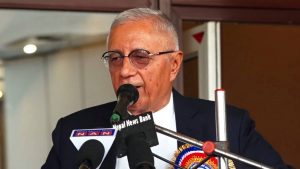
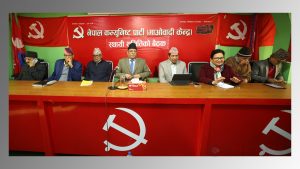
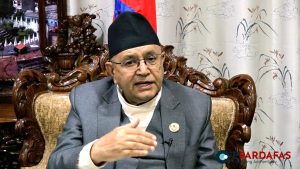
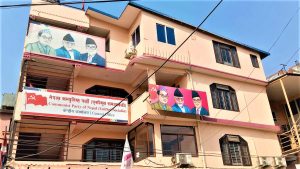
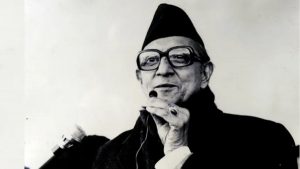
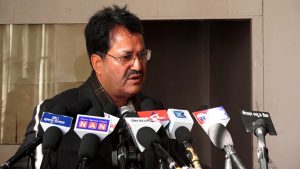





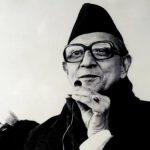
Comments